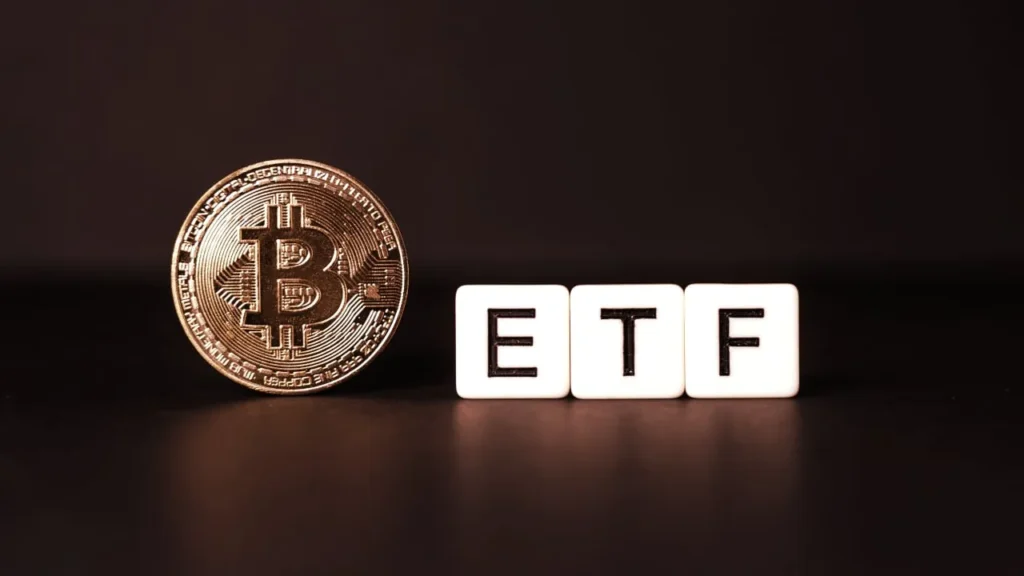Indian investors choose to allocate their funds into US spot Bitcoin ETFs through the Reserve Bank of India’s Liberalized Remittance Scheme.

Since the introduction of spot Bitcoin ETFs in the United States in January, many institutional investors have invested, with total inflows exceeding $12.3 billion.
Notably, Bitcoin ETFs have garnered the attention of affluent foreign investors, particularly those from India.
Indians Invest in Bitcoin ETFs via Remittance Quotas
Amidst numerous warnings from India’s central bank regarding cryptocurrency investments, affluent Indian investors continue to pursue spot Bitcoin ETFs through remittance quotas.
Intriguingly, these Indians are taking advantage of the Liberalised Remittance Scheme, introduced by the Reserve Bank of India in January, which permits citizens to transfer $250,000 within a fiscal year.
Vested Finance, an Indian platform that enables citizens to invest in foreign securities, reported that domestic demand for Bitcoin ETFs is enormous.
The platform has seen a robust $5.3 million in trading volume, with buy orders accounting for two-thirds of the total.
Viram Shah, CEO of Vested, estimates that around 70% of ETF traders are affluent individuals with substantial net worth.
However, tax incentives offered via the Liberalized Remittance Scheme (LRS) are probable factors that attract these investors.
Indian Crypto Businesses Struggle with High Taxes
The Indian government implemented a severe taxation regime for cryptocurrencies in 2022 and levied a fixed 30% tax on crypto profits and 1% TDS on crypto trading.
The objective was to dissuade potential investors from entering the cryptocurrency market.
Conversely, several users opted to migrate to offshore and foreign platforms, causing detriment to domestic enterprises.
For instance, buying Bitcoin ETFs via LRS is a cost-effective alternative.
Shah, addressing Bloomberg, stated:
“For long-term holders, the taxation can be reduced to below 20% on capital gains unlike the flat 30% and 1% TDS applicable when investing directly through crypto platforms”.
Vested has partnered with Mudrex, a Y Combinator-backed crypto asset management platform, to offer spot Bitcoin ETFs to its clients.
Edul Patel, CEO of Mudrex, asserts that Indian family offices are growing inclined to adopt the Liberalized Remittance Scheme (LRS) to invest in Bitcoin ETFs, owing to the scheme’s reputation and tax-compliant characteristics.
Despite warnings from the Indian central bank, this growing interest persists, with RBI Governor Shaktikanta Das reiterating the bank’s unchanged posture on cryptocurrencies in light of Bitcoin ETFs’ introduction in the United States.
